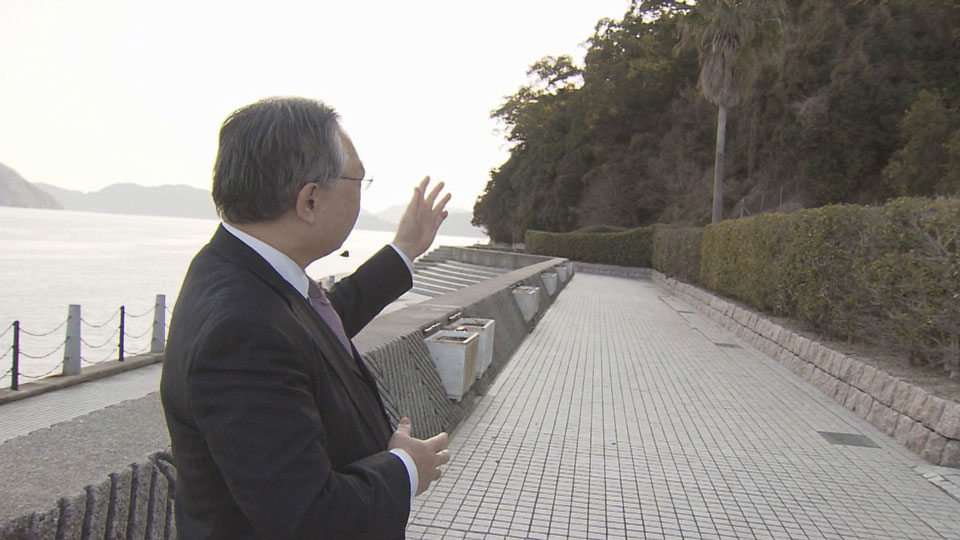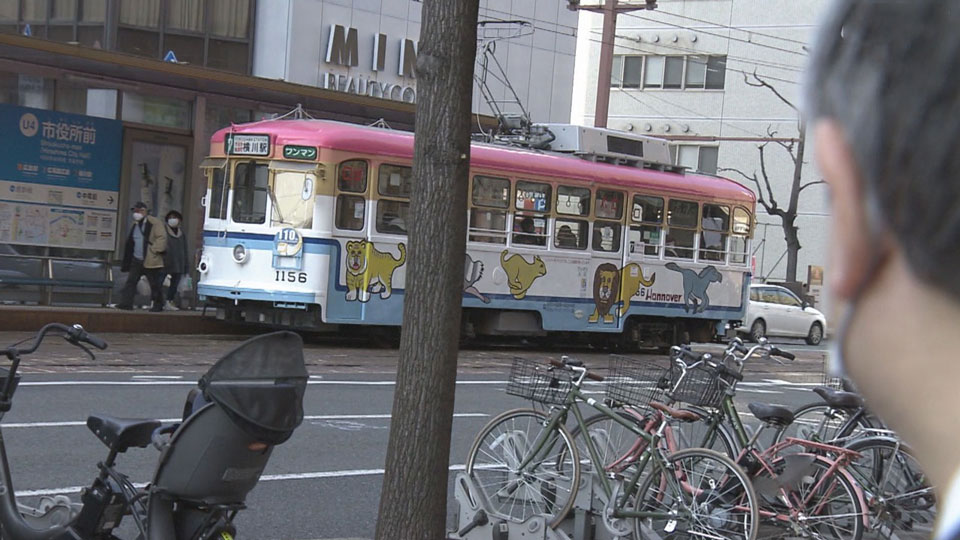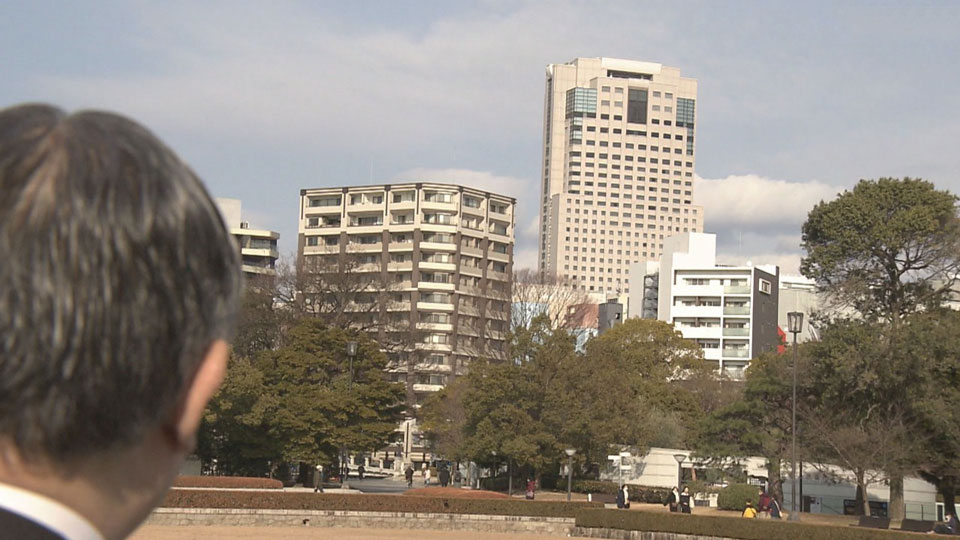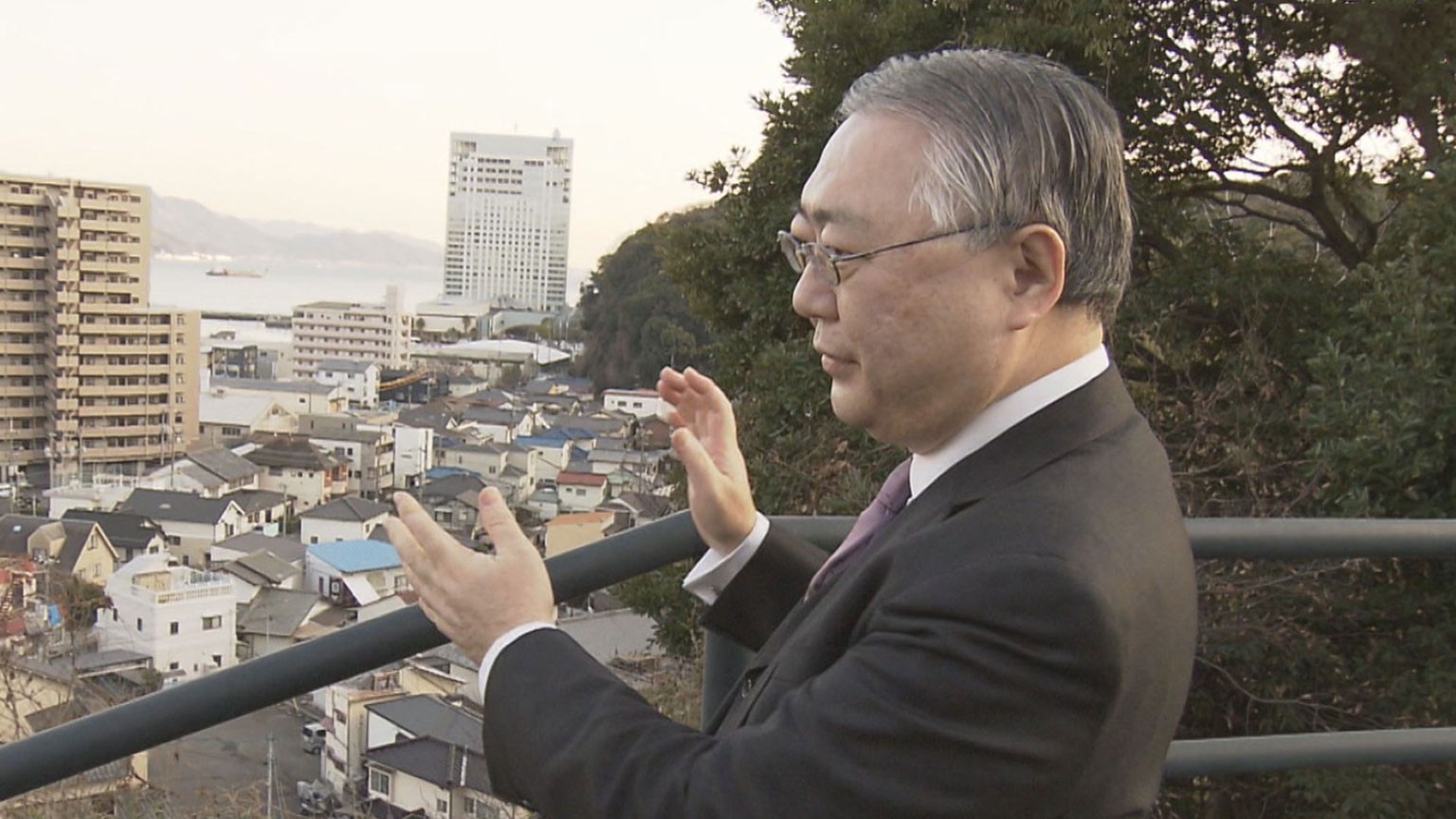Itabashi Isao, chief analyst at Japan's Council for Public Policy, studies counter-terrorism and crisis management. He advises law enforcement and private enterprise and has been involved with large-scale events, including the 2016 G7 Ise-Shima summit and the Tokyo Olympics.
This year's G7 takes place May 19-21 at the Grand Prince Hotel Hiroshima. That's where he starts his tour.
The venue is located on an island, just like the Ise-Shima summit.
Itabashi says that's a security advantage, as the island setting limits entrance points.
Seaside patrols
Itabashi says maritime security is even more important than at Ise-Shima, as the venue is closer to the open sea.
"The police's water unit will use jet skis to patrol the closest areas, and the Japan Coast Guard will guard the outer areas," he explains.
Mountain setting
The topography of Ujinajima, the island where the venue is located, is also carefully considered.
"There is a mountain right behind the hotel, so authorities must be on alert on this side, too," says Itabashi. "They will need to do an explosives sweep."

Avoiding tram routes
Downtown Hiroshima is also in Itabashi's sights. That's because the dignitaries and their entourages will need to travel through it to reach the summit venue.
One feature of the city is a tram network, which in itself poses a risk. Itabashi says that routes for the VIPs should exclude roads with trams as much as possible.
"It's very difficult to guard a vehicle if it travels side by side with a tram," he notes.

Open spaces
Many of the visitors are expected to pay their respects to the victims of the World War Two atomic bombing at Hiroshima's Peace Memorial Park.
Itabashi says caution is required in open spaces. "If you look around, you can see several tall buildings. Authorities need to be on the alert for snipers, as well as drone attacks."

Protecting soft targets
According to Itabashi, safety is important outside the key venues. So-called soft targets include facilities where people gather, including Hiroshima Station.
"Security is tight at venues. So, terrorists may attack different locations when they think they can make an impact," he says.
The use of lockers at Hiroshima's rail stations is expected to be restricted to prevent explosives being planted. That might be inconvenient for locals, but Itabashi says it's important for people to cooperate to ensure everyone's safety.
"Terrorist attacks on soft targets cannot be prevented by the police alone. If there are suspicious objects or suspicious persons, report it immediately. The people of the host city need to work together," says Itabashi.
Nationwide alert
Japan's National Police Agency revised its VIP protection guidelines after the deadly shooting of former Prime Minister Abe Shinzo last year. Ahead of this month's G7 summit, officers across the nation are on alert.
Police in Tokyo are also tightening security in the capital, with plans to deploy extra officers at a number of facilities, including government buildings, foreign embassies, train stations and airports.

